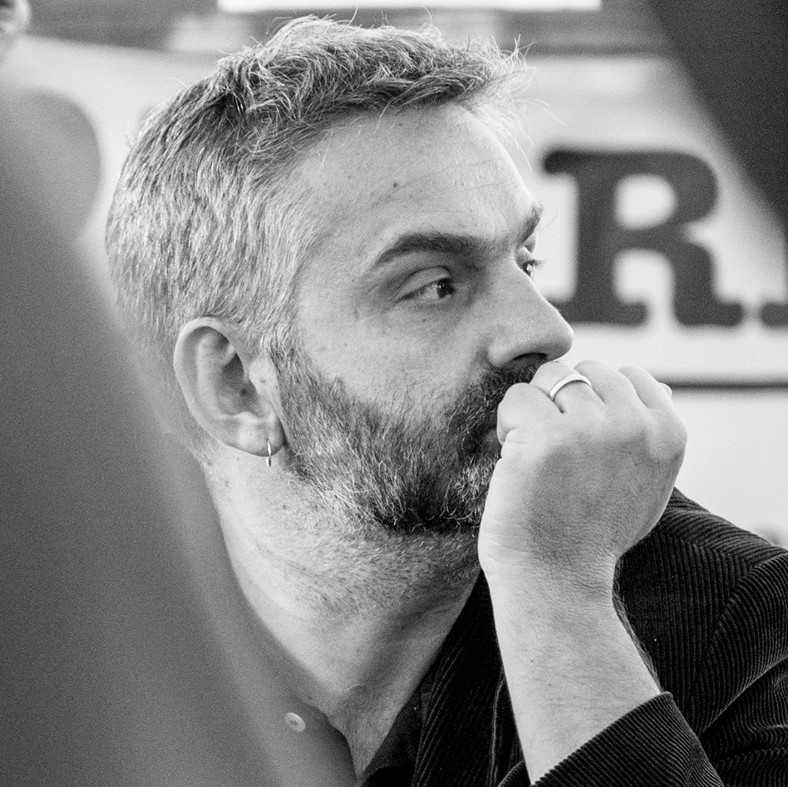Ecomuseo Casilino ad Duas Lauros Association
In the Ecomuseum it is possible to identify different ICH domains expressions (language, social practices, ritual and festive events, performative arts, etc), inside a multiethnic context. The Ecomuseo Casilino is the only institution, present in this contexte supporting the various communities of practices, promoting the knowledge of their heritage, involving the different communities in its safeguarding and enhancement.
Co.Heritage - Intercultural ICH in Rome suburbs
Description of the project / practice / program
The Co.Heritage program of the Ecomuseum Casilino develops research activities with the various local communities (Italian, Bangladeshi, Chinese, Afghan, Maghrebine etc.) aimed at identifying those social customs, community events, narratives that represent the product of interaction/dialogue between the different communities (Italian and migrant) within local cultures.
How were practitioners of intangible cultural heritage involved?
The Ecomuseo Casilino carries out research, narration and safeguarding activities directly with the communities of practitioners. Individuals, groups and communities are therefore directly involved in the project activities.
CV of the author

Claudio Gnessi is the President of the Ecomuseo Casilino Association (IT), Lead Interaction Designer, Community Planner Consultant, cofounder of Karawan festival and member of the Tor Pignattara District Committee. By passion he deals with participatory innovation. For ten years Gnessi has been working in the so-called suburbs, promoting the idea that in these urban contexts cultural heritage and participation are the ideal tools to facilitate intercultural dialogue and to build sustainable local development models.
LESSONS LEARNT
- Working with intangible heritage means working with people and the territory. Listening, patience, tenacity of discovery must accompany every step we take. In this sense, "musealizing" the intangible heritage can be complex unless the museum becomes a permeable space, a meeting place rather than a visit, a space for dialogue rather than storytelling. Listening to many colleagues and many experiences, I was convinced that the real challenge is to open doors more and more, to lower the tone of voice, to try the impossible task of not stopping research and discovering new paths.
- I am increasingly convinced that those working with intangible heritage have an ethical, moral and political duty to generate impacts on society, generating not only "catalogs" and "exhibitions" but a shared planning of more just and democratic societies
- Finally, the exhibition space: it is necessary to find new tools to return a research, to tell the ICH, to document it. I think that a serious reflection must be opened on the ways we think. Nothing is. Everything is moving.
LINKS
Practical
When
13 July 2018 from 10:19 to 10:19
Where
Subscriptions
It is no longer possible to subscribe to this bestpractice. Reports and videos will be published after the bestpractice.